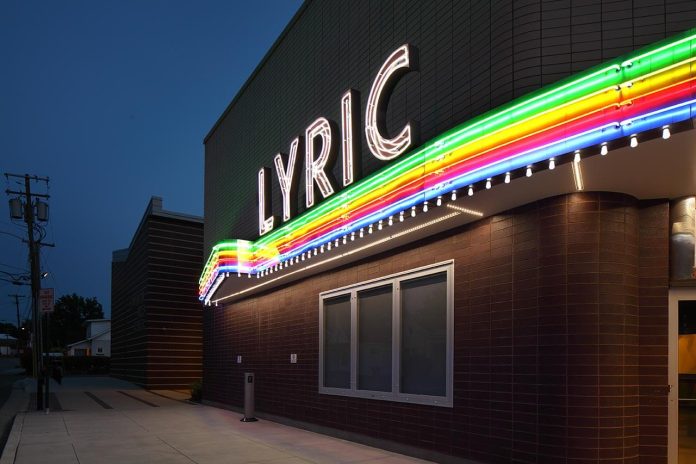The Wild and Scenic Film Festival is an annual event put on by the South Yuba River Citizens League each January in Nevada City and Grass Valley California. The event typically features over 100 films that show a “Commitment…to addressing environmental injustice, racism, and inequity as well as lack of representation in the outdoors and environmental movements”. The film festival is taken “On Tour to nearly 200 communities across” North America and is seen by “65,000 people a year”. On the 30th of September, twelve films from the nineteenth annual Wild and Scenic Film Festival were shown throughout two and a half hours in Lexington’s Lyric Theatre.
This showing was coordinated by the Kentucky Conservation Committee whose mission “Is to provide a trusted voice of the public in Kentucky’s legislature and statewide, effectively advocating for the protection, restoration and sustainable use of natural resources, working with concerned citizens and partner organizations.”
I expected the theatre to be crowded and the patrons to be middle-aged/senior citizens. However, the theatre was mostly empty, and the patrons were overwhelmingly young–presumably late teens and early twenties. As you enter the theatre room, framed photos of Dr. King’s March on Washington are on either side of the small hallway. I took my seat and waited for the lights to dim. As this was the first time I had been to this event, let alone my first ever film festival, I had no idea what to expect.
After some opening remarks from the hosts (recorded beforehand over Zoom), the main event began. The films covered a variety of topics such as indigenous rights in “If We Take Care of the Land”, beekeeping in “Bee Box”, outdoor sports in “The Crown”, “Pedal Through”, “Here We Stand” and “River Looters”, green agriculture in “Biodynamic Agriculture”, the politics surrounding climate change in “Strike With Us”, Elizabethtown’s Urban trails in “A Community Conservation Effort”, water bottle waste in “Baked Fish”, and the endangered Southwestern Willow Flycatcher in “Feathers in Flight”.
The shortest films were about a minute and the longest film was around half an hour. There was a variety in tones amongst the films as well, for example, some were very artsy and abstract such as “Baked Fish, translated from the Spanish “Peix al forn” which showed water bottles being fished out of the water and cooked as if they were fish to represent the growing problem of plastic waste in the ocean.
Others were more documentary-style such as “Free As Can Be” which is about an unlikely friendship and partnership between young and upcoming free-climber Jordan Cannon and the legendary Mark Hudon. Ironically it was “Free As Can Be” which gave me the most pleasure despite my total ignorance and lack of experience regarding free-climbing. “A Community Conservation Effort” was also near and dear to my heart because I have had the pleasure of hiking those trails in the past with my family. All in all, it was the documentaries that made the greatest impact on me.
I left the theatre with mixed feelings. On the one hand, it inspired in one the desire to think more about these pressing issues. On the other hand, I wasn’t entirely satisfied with the outcome. The films presented didn’t give rise to a cohesive whole, although maybe that is because we were only given a snippet of the entirety of the festival’s output this year. At the same time, I felt myself being seduced by a tone of passive self-satisfaction. What is the role of activism through art? I asked myself. The world is not a better place just because I went to see a collection of short films. I still pollute the air when I drive. I still fill the landfills with who knows how many pounds of trash? I still contribute to environmentally costly business practices with my spending habits.
Nevertheless, the important thing about the film festival perhaps is the awareness it brings to the audience, and awareness is the first step towards active social change. In the fight for values, you must first bring the problem into consciousness before you confront it. And while it may take a while for thoughts and actions to align, at least we have taken the first step. And we have taken it with the help of the Wild and Scenic Film Festival. May there be many more to come!



